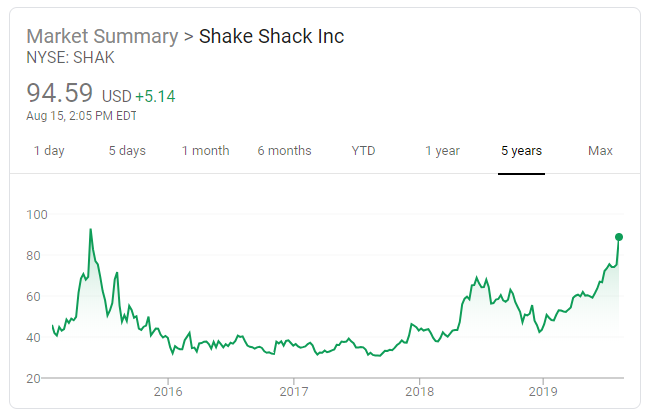As a valuation-based contrarian investor, it is relatively easy for me to make a strong case against allocating investment dollars to money-losing tech IPOs that pay out stock compensation equal to 20{01de1f41f0433b1b992b12aafb3b1fe281a5c9ee7cd5232385403e933e277ce6} or 30{01de1f41f0433b1b992b12aafb3b1fe281a5c9ee7cd5232385403e933e277ce6} of revenue to boost their “adjusted EBITDA” and GAAP free cash flow metrics and trade for 15 or 20 times that revenue. Simply put, the growth required for a company to “grow into” a 20 times revenue multiple, or a 100 P/E multiple, is so enormous that 90{01de1f41f0433b1b992b12aafb3b1fe281a5c9ee7cd5232385403e933e277ce6}+ of all businesses will never get there.
Of course, there are some that will and investing in those stocks can be very rewarding. Josh Brown, CEO of Ritholtz Wealth Management and frequent CNBC commentator, is quick to point out to television viewers that he is generally opposed to avoiding unique growth stocks solely due to valuation concerns. He walks the walk too, considering his purchase of shares in Shake Shack (SHAK), a regular ol’ restaurant chain currently trading at more than 6 times 2019 revenue and more than 50 times 2019 EBITDA.

Just because I don’t think SHAK is worth its current valuation, even if it does reach its goal of over 400 domestic locations (vs ~150 today) and tons of franchised units overseas, I could be wrong. If the company becomes the second coming of McDonalds (MCD) 20 years from now, Josh will be right and we will all look back and say the $3.6 billion equity valuation in 2019 was a great entry point! So… if you feel that strongly about a company, and there is enough market opportunity for them to ultimately grow 5x or 10x bigger, a high growth investment can pay off regardless of the initial price paid.
Since I have been poking fun at folks paying 20 times sales for cash-burning, cloud-based software companies, I wanted to be transparent with my readers about the client portfolios I manage. Believe it or not, there is one high growth, money-losing stock that I have parked in some client portfolios; Teladoc (TDOC).
TDOC is the global leader in the relatively nascent telemedicine provider space. Just as technological innovation is disrupting many traditional sectors of the economy, TDOC is trying to make it commonplace for patients to access medical care via teleconferencing technology. Imagine how many visits to doctor offices do not actually require in-person consultation. Accessing medical providers remotely is not only more convenient for the patient, but it can reduce costs across the system.
Clearly the telemedicine trend has yet to take off globally, as it is very early on in being rolled out. It is gaining a lot of traction in certain subspecialities, such as behavioral and mental health, and I believe it could be very common a decade from now. TDOC has established itself as the leader, and with equity currency from the firm’s 2015 IPO, they have the ability to use M&A to further their position worldwide.
All of that said, you may have guessed that TDOC is losing money. Like many tech firms I scoff at, they are content to operate at a loss to build their leadership position and hopefully dominate the market over the very long term. In terms of growth, so far they are succeeding. TDOC’s annual revenue has gone from $20 million in 2013 to what should be well north of $500 million in 2019. Such growth explains the generous valuation implied by the current $58 per share stock price; an equity value over $4 billion and price-to-sales ratio of 6x on 2020 estimates ($675 million). My internal estimates show EBITDA in 2019 to the tune of negative $40 million.
To conclude, I think Josh Brown is right – sometimes valuation does not matter for growth stocks. That said, when dozens of businesses are trading at crazy prices relative to underlying sales and earnings, we should assume that most of those won’t work out for long-term investors if they overpay. I would have to be pretty confident that the upside potential is worth the risk. And in the case of TDOC, I can envision a scenario where telehealth is huge and TDOC dominates the field, but time will tell if they are the right horse to bet on.
SOURCE: The Peridot Capitalist – Read entire story here.
